Like many people across the UK during these strange times, I’m getting the occasional chance to clear some cupboards and offer a few items for sale to interested parties with similarly eclectic tastes in memorabilia, be they comic or magazine.
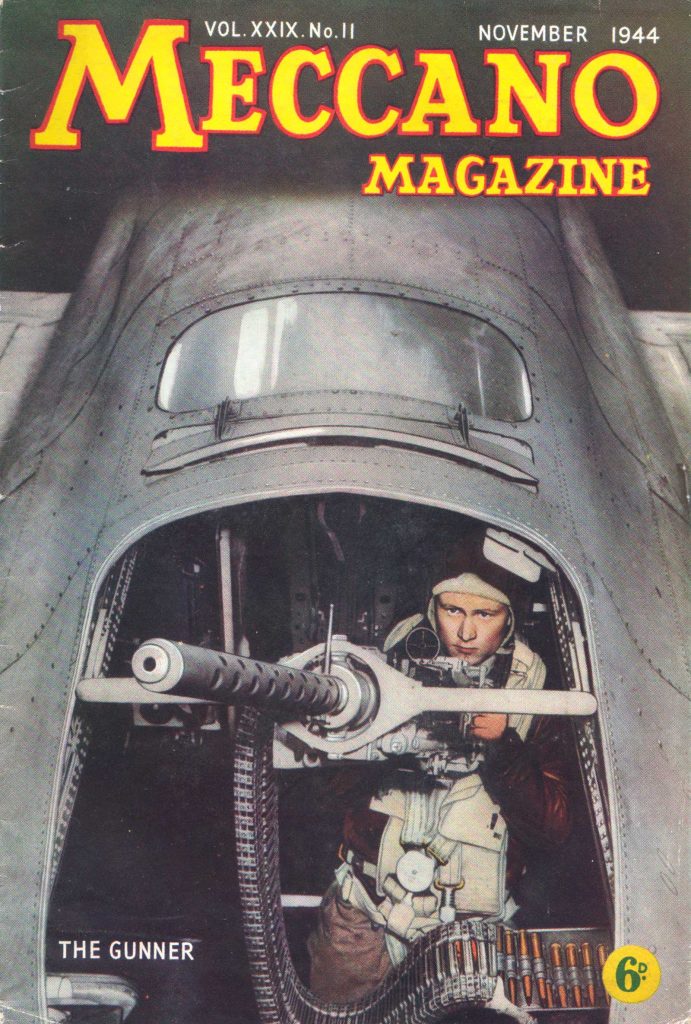
One such item is a copy of the November 1944 issue Meccano Magazine, featuring a gunner on the cover, apparently at the ready for action aboard a USAAF B-17 “Flying Fortress” bomber. It’s an image that led to social media discussion of how the photograph was taken, his identification, and a small part of his war time record.
Meccano Magazine was published by Meccano Ltd between 1916 and 1963, and by other publishers between 1963 and 1981. The title continued publication through World War Two despite paper rationing, its print run strictly limited because of wartime restrictions, which meant enthusiastic modellers were unable to subscribe to the title.
Inside, the A5-size title offered a mixture of morale-boosting articles, not solely about Meccano but offering news about railways, developments in airplane technology, engineering, new stamps, and tips on better railway modelling and photography.
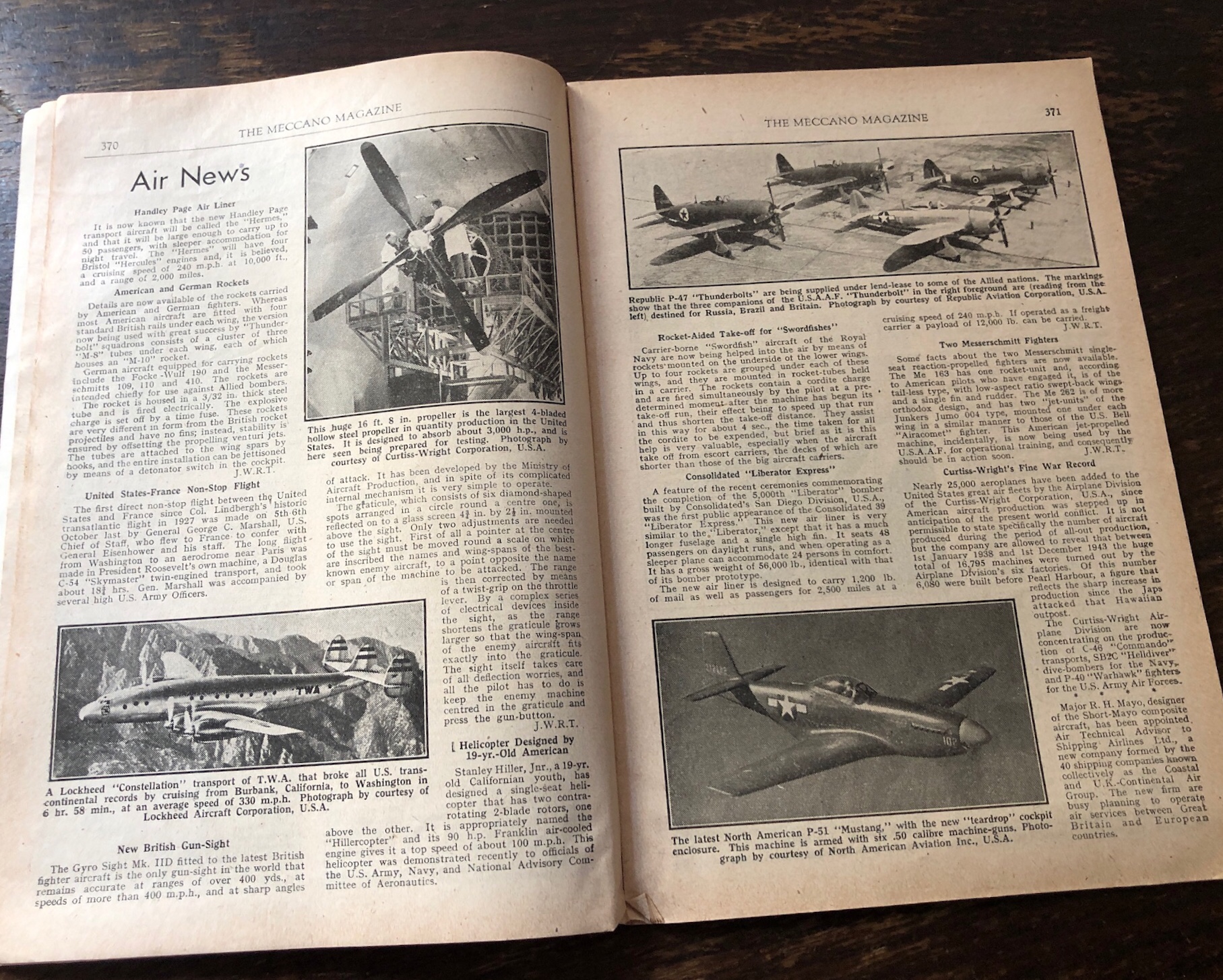
This November 1944 issue also includes a fascinating feature on the teleprinter, titled “Typing Letters Many Mile’s Away” – and most issues also featured an illustrated “Fireside Fun” page.
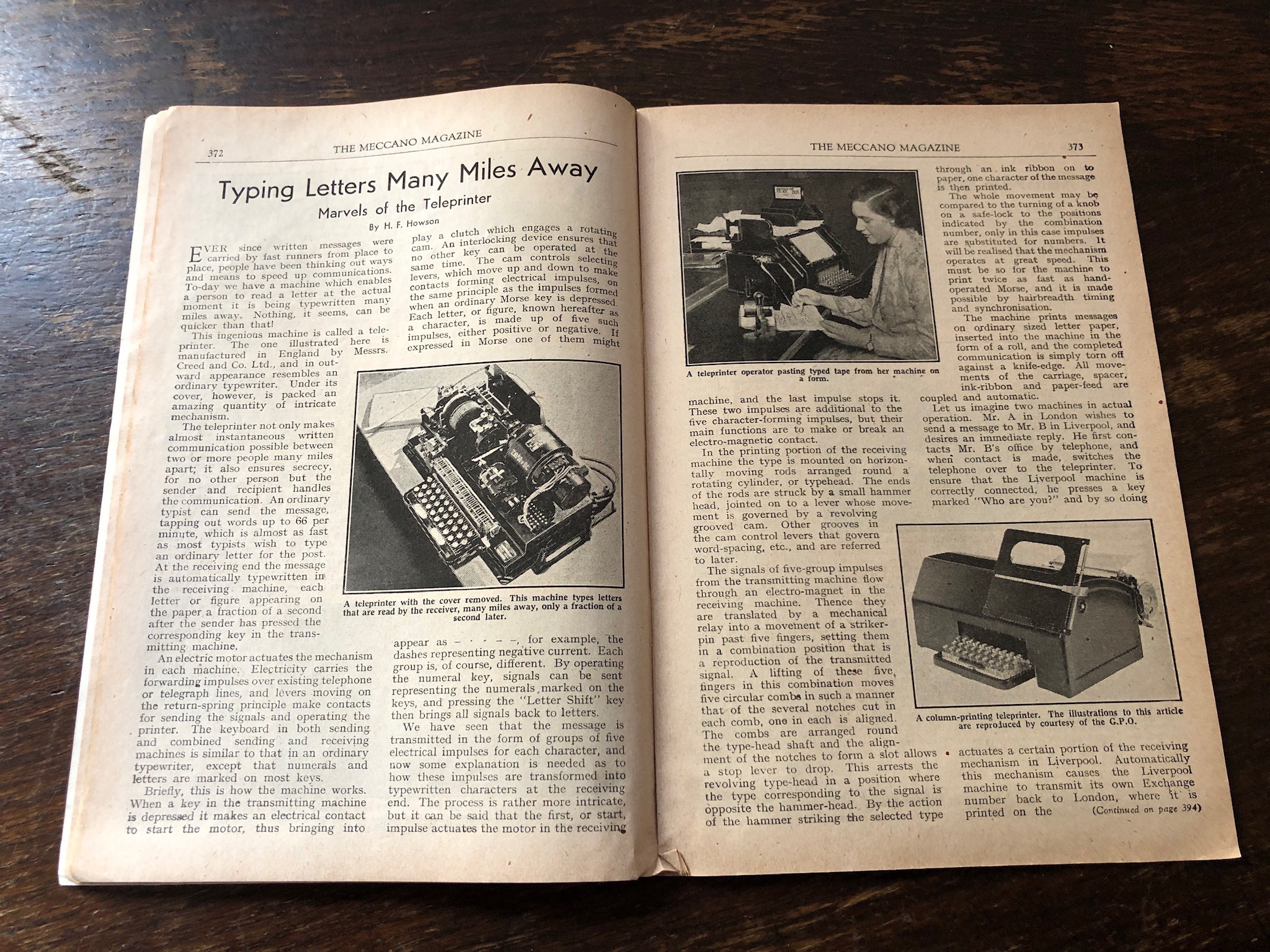
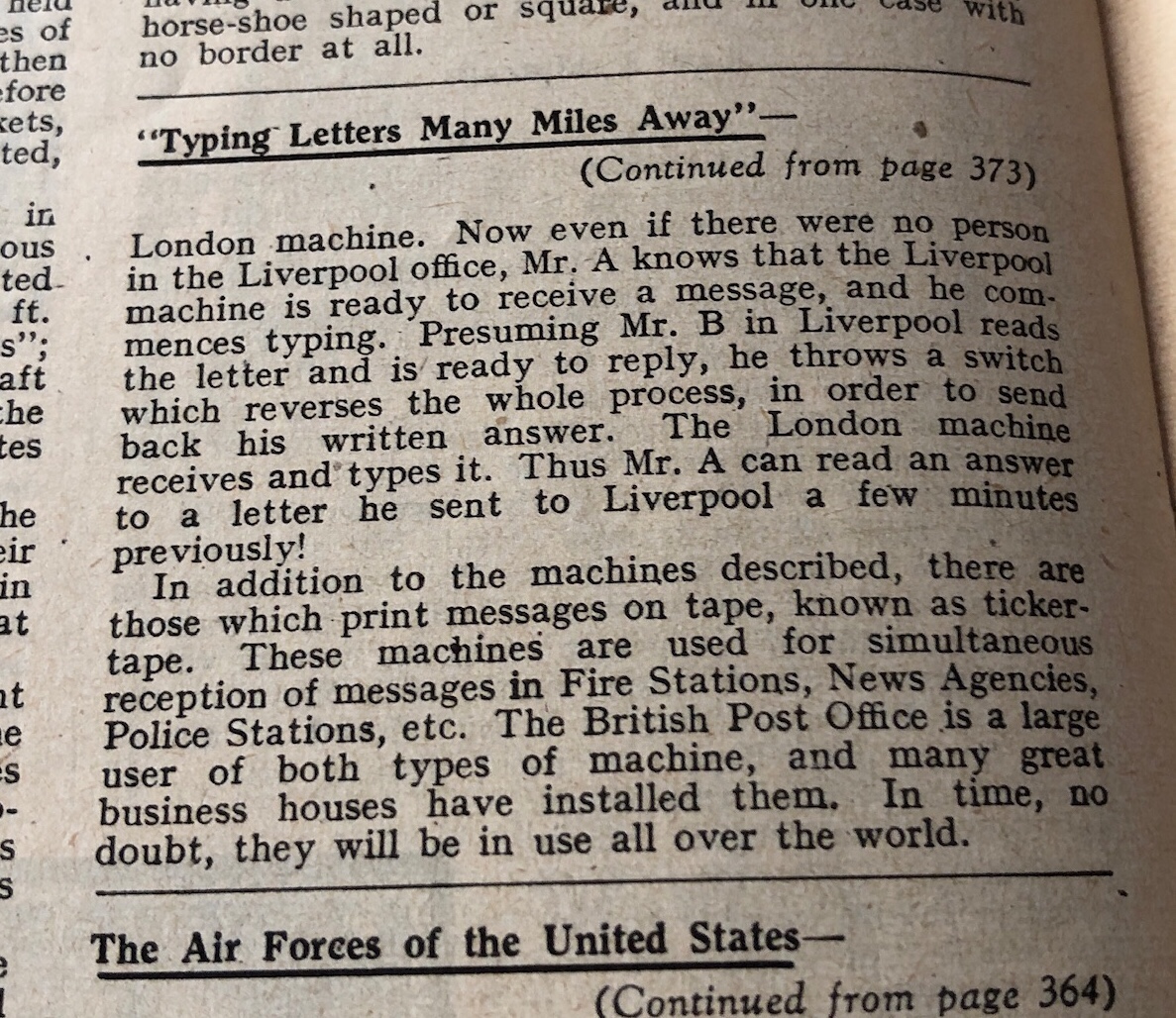
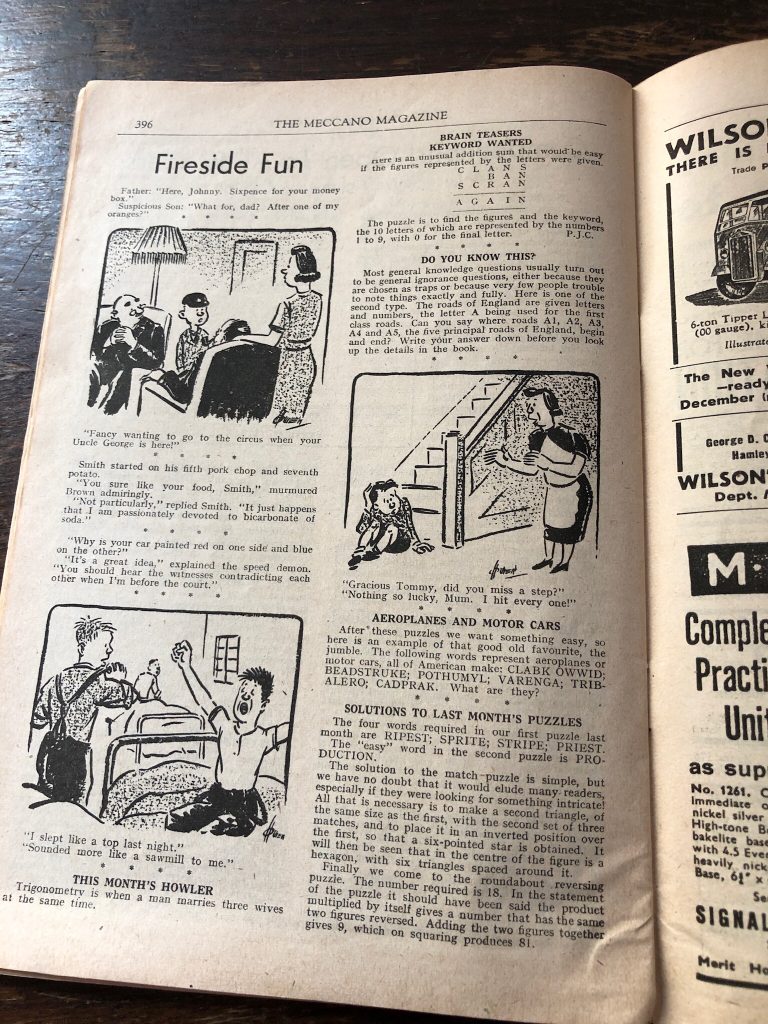
The cover of the issue in question prompted fellow downthetubes contributor Jeremy Briggs to note the photograph was taken from an unusual angle.
“This is the mid-upper position on the B-17 that wasn’t always an open gun position, and the photographer must have been standing with his feet virtually astride the tail fillet to look down into the fuselage like that,” he notes, helpfully providing a comparison photograph.
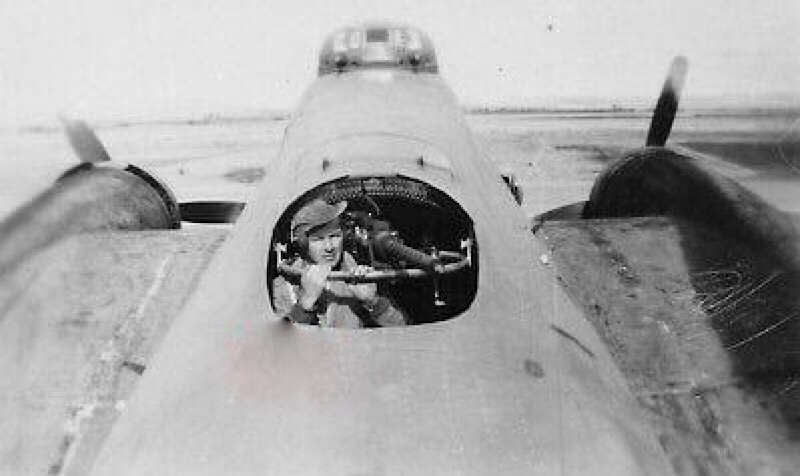
Suitably intrigued, reverse image search of the Meccano Magazine cover ultimately led me to the American Air Museum in Britain, part of the Imperial War Museum at Duxford – and photographs in the public domain taken in 1942 by a member of the US Signal Corps.
These appear to indicate the cover features William “Don” King, then a B-17 Radio Operator, Gunner and Staff Sergeant assigned to the 401st Bomb Squadron, 91st Bomb Group based at RAF Bassingbourn in Cambridgeshire, a crew member of B-17 #42-5070 Invasion 2nd (aka Invasion II), which was shot down over Germany on 17th April 1943.
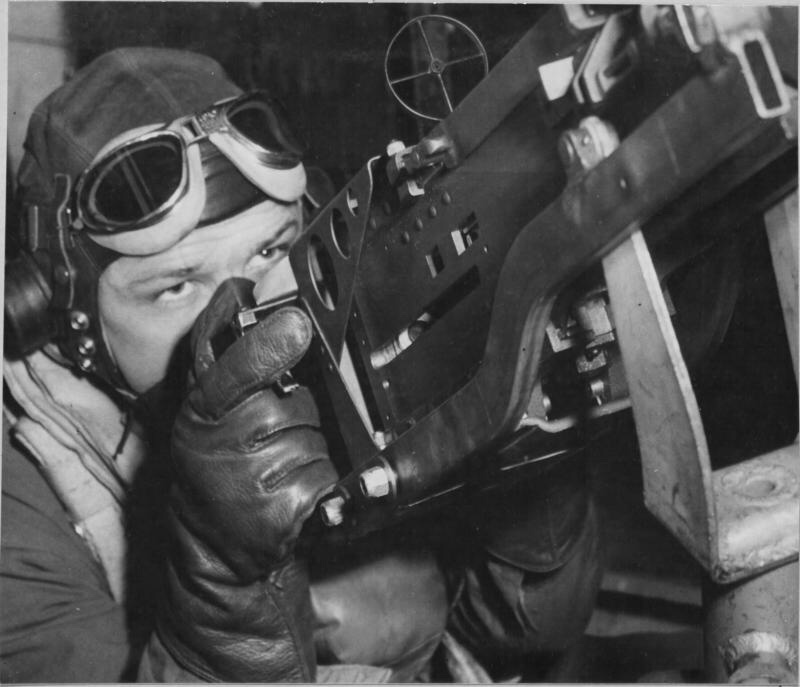
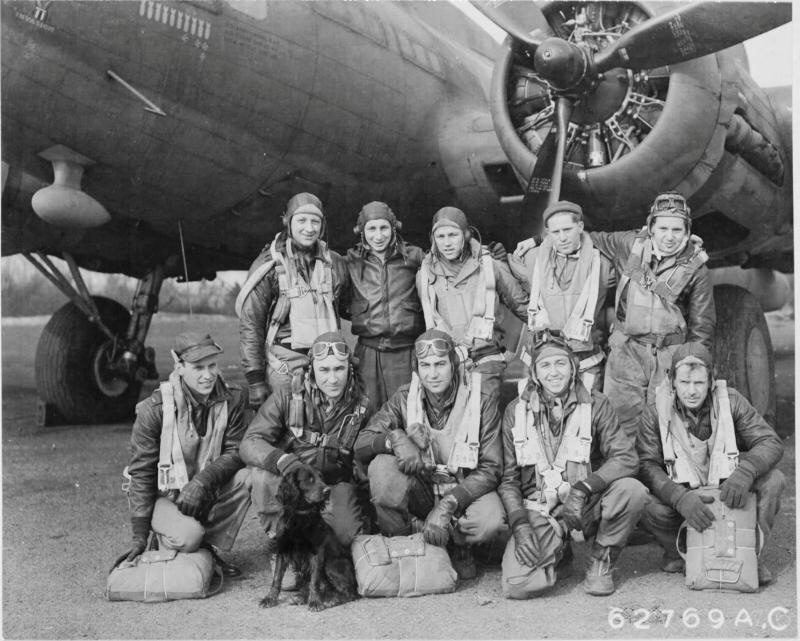
The photograph featured on Meccano Magazine is not archived on the Air Museum site, but seems certain to have been part of the selection presented there of the Invasion 2nd and crew. Information about the photographs confirms they were taken while the B-17 was on the ground, explaining how the cover image was taken.
On the World War Two Multimedia Database site, it’s suggested the photos were taken as part of Major William Wyler‘s efforts to document B-17 operations; when Invasion 2nd was shot down, he focused on Memphis Belle, which of course became very famous in The Memphis Belle: A Story of a Flying Fortress, a 1943 documentary, and, later, the feature film Memphis Belle, released in 1990.
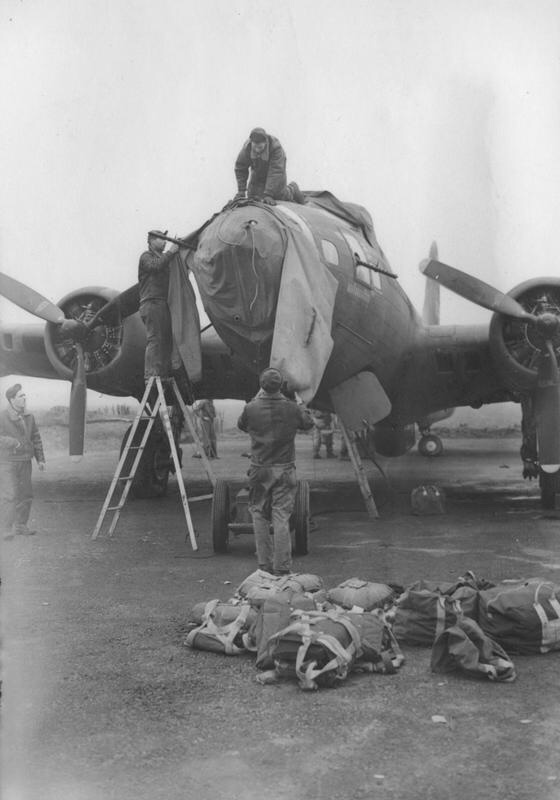
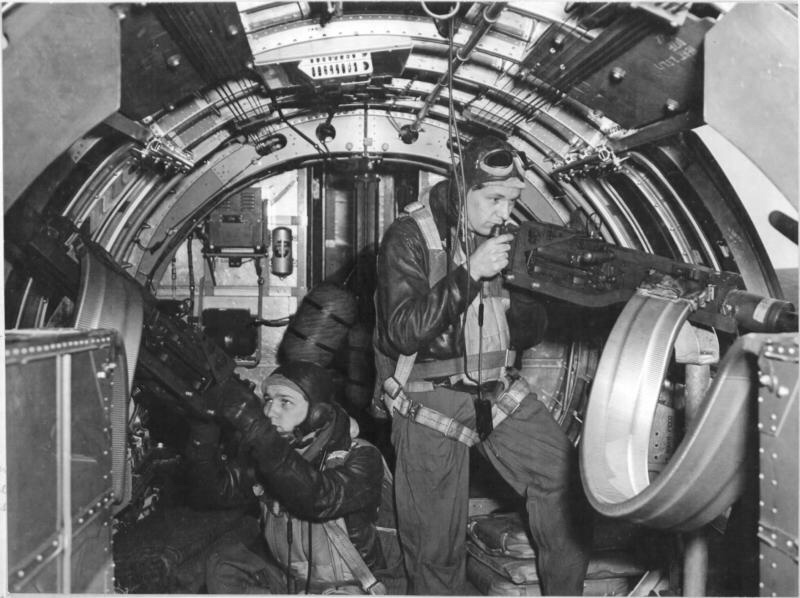
The Invasion 2nd was shot down on 17th April 1943 – one of six out of nine bombers from the squadron to fall victim to enemy fire during the raid that day, shot down near Oldenburg, Germany on a bombing run on the Focke-Wulf factory in Bremen.
The plane was on fire when all crew parachuted to safety, although, as noted here on the 91st Bomb Group site, King was one of the air crew lucky to have survived.
Invasion 2nd formed the lead plane of the first element of six aircraft making up the lowest squadron. Taking flak hits and attacks by German fighters over the target, the number two engine was completely shot away. The left wing caught on fire and spread to the fuselage.
Captain Oscar D. O’Neill called for the crew to bail out but Staff Sergeant Eldon Lapp and King were prevented from leaving by a stuck escape hatch. The ball turret gunner, Technical Sergeant Benedict B. Borostowski, came up into the fuselage and managed to partly open the waist door. Finding Lapp and King trapped, he used his foot to push both of them through, and all of the crew members were able to leave the aircraft and survived the jump.
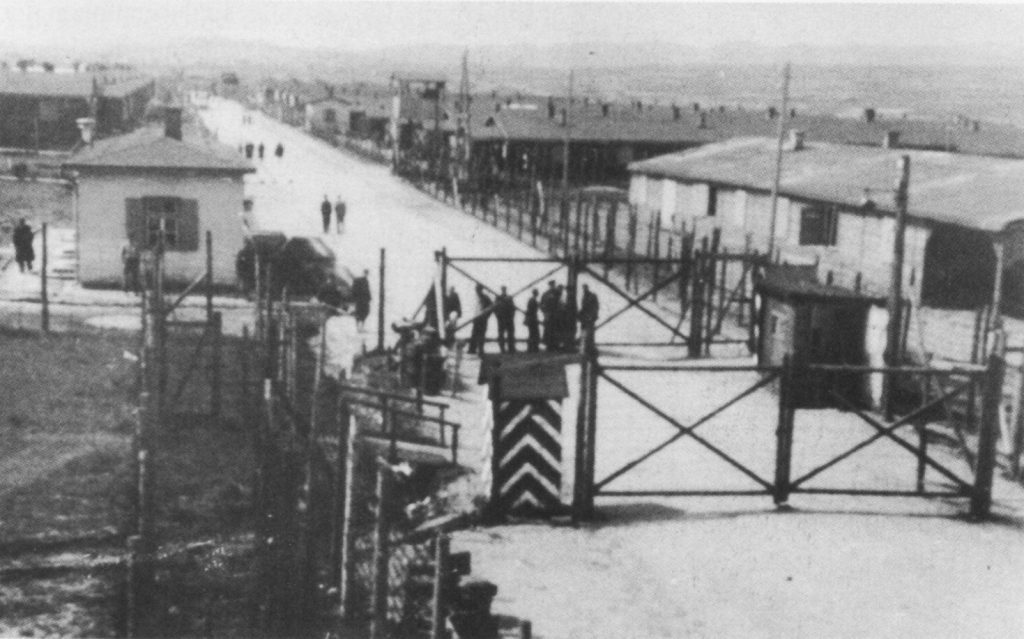
Lapp and King were taken to Stalag Luft XVII-B near Krems, Austria, and Invasion 2nd‘s wreckage was reprocessed by the Germans into raw steel. It’s noted the treatment at Stalag 17B was never considered good, and was at times even brutal.
On 8th April 1945, 4000 of the POWs at Stalag XVII-B began an 18-day march of 281 miles to Braunau, Austria. It’s noted King was officially liberated on 17th May 1945, suggesting he may have been part of this march; Lapp was liberated on 19th May. The other crew members were back in Allied hands by 3rd July.
King returned to serve in the USAAF, but, sadly, the decorated airman was killed on 30th August 1952 aboard Boeing B-29A B-29A-65-BN Superfortress of the 344th Bomb Squadron, 98th Bomb Wing. On final approach to Daegu Airport, the pilot-in-command decided to make a go around when the heavy bomber went out of control and crashed in a mountainous area located six kilometres northeast of the airfield.
King, who hailed from Imperial, Texas, was just one of many young airmen to serve in World War Two, but one of only a few Americans to grace the cover of a very British magazine. Meccano Magazine readers of the time could not possibly have known their cover “star” was by then a Prisoner of War.
Staff Sergeant William D. King, born 18th January 1923, died 30th August 1952 | Awarded the Purple Heart, the Korean Service Medal, the United Nations Service Medal, the National Defense Service Medal, the Korean Presidential Unit Citation and the Republic of Korea War Service Medal | Buried at Monahans Memorial Cemetery, Monhans, Texas
• More about Bill King here, on the American Air Museum in Britain web site – and B-17 Invasion 2nd and crew here
WEB LINKS
• The 91st Bomb Group Tribute Site: www.91stbombgroup.com
The 91st Bombardment Group, “The Ragged Irregulars”, consisted of the 322nd, 323rd, 324th and 401st Bombardment Squadrons. This website is a tribute to the members of the 91st Bombardment Group (Heavy Bombers) and an historical record of events that took place in Europe during World War Two. The 91st Bomb Group Memorial Association’s (BGMA) purpose is to keep alive the spirit of the 91st BG (H) and to maintain the fellowship of all those who fought together in World War Two from AF Station 121 in Bassingbourn, England from 1942 – 1945
• 401bg.org: The official web site of the 401st Bombardment Group Association
• The Stalag XVII-B Site – created by William Doubledee
• American Air Museum in Britain – Stalag XVII-B Prisoners of War
• Meccano Magazine November 1944 on eBay
• There is a near complete online archive of Meccano Magazine online, made freely available by the Internet Meccano Magazine Scanning Group coordinated by Dr Paul Dale. You can read the November 1944 Issue here
With thanks to Jeremy Briggs
The founder of downthetubes, which he established in 1998. John works as a comics and magazine editor, writer, and on promotional work for the Lakes International Comic Art Festival. He is currently editor of Star Trek Explorer, published by Titan – his third tour of duty on the title originally titled Star Trek Magazine.
Working in British comics publishing since the 1980s, his credits include editor of titles such as Doctor Who Magazine, Babylon 5 Magazine, and more. He also edited the comics anthology STRIP Magazine and edited several audio comics for ROK Comics. He has also edited several comic collections, including volumes of “Charley’s War” and “Dan Dare”.
He’s the writer of “Pilgrim: Secrets and Lies” for B7 Comics; “Crucible”, a creator-owned project with 2000AD artist Smuzz; and “Death Duty” and “Skow Dogs” with Dave Hailwood.
Categories: Auctions, downthetubes News, Magazines, Other Worlds

 Rare copy of Fantasy Express, featuring early interview with Alan Moore, up for sale
Rare copy of Fantasy Express, featuring early interview with Alan Moore, up for sale  Frederico Tacconi Look and Learn war art offered on Catawiki
Frederico Tacconi Look and Learn war art offered on Catawiki  First Issue of The Shadow Sets $156,000 World Record in Pulp Magazine Auction at Heritage
First Issue of The Shadow Sets $156,000 World Record in Pulp Magazine Auction at Heritage  Auction closes tonight for iconic Brian Bolland “Amazing Heroes” cover, bids at $8000
Auction closes tonight for iconic Brian Bolland “Amazing Heroes” cover, bids at $8000
I had a friend who, in the early 1960s, was a sergeant in the Royal Signals. He regularly used army teleprinters, occasionally sending coded messages. From teleprinters we moved to dot matrix printers and facsimile (fax) machines; both are now obsolescent. Type marches on.
It’s strange to think how long some of this technology has been in operation – I had no idea teleprinters were around in the 1940s.